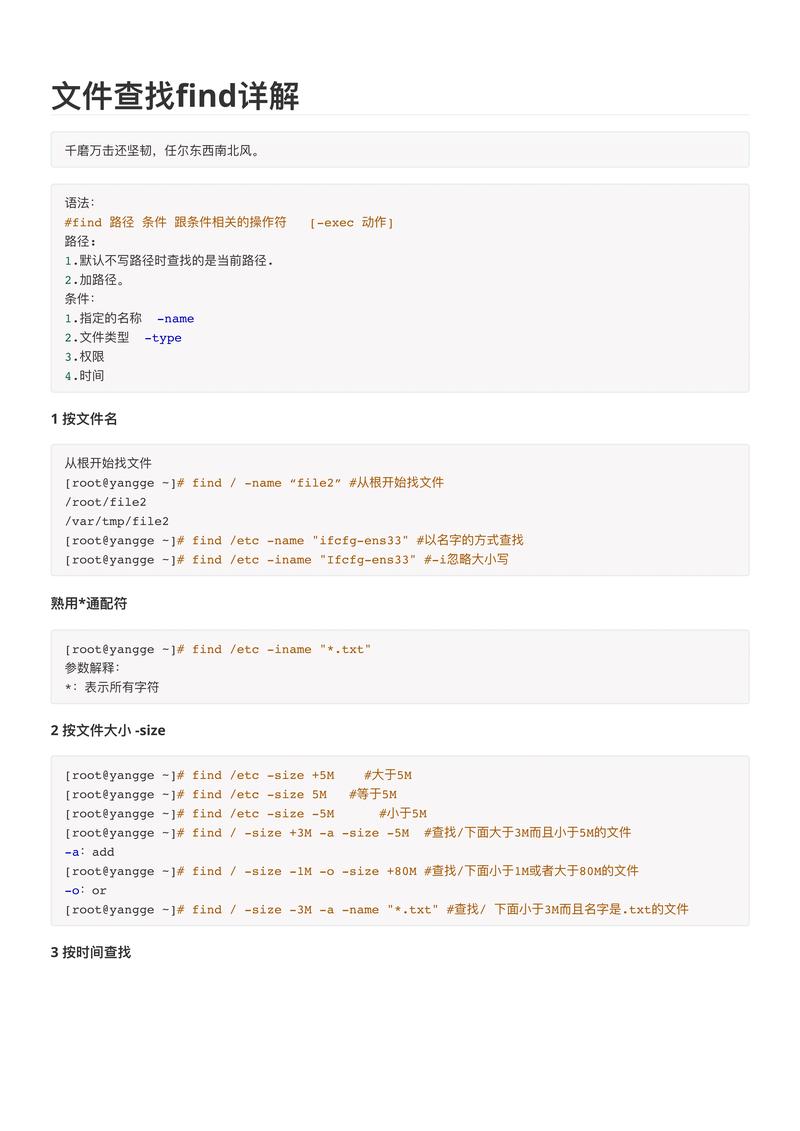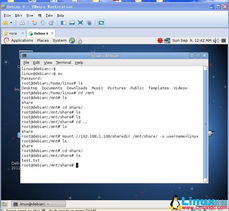1. `ls`:列出目录下的文件和子目录。 ```bash ls ``` 例如,列出当时目录下的文件和子目录: ```bash ls ```
2. `find`:在指定目录及其子目录中查找文件。 ```bash find ``` 例如,查找当时目录及其子目录中名为“example.txt”的文件: ```bash find . name example.txt ```
3. `grep`:在文件中查找指定的文本形式。 ```bash grep ``` 例如,在文件“example.txt”中查找包含“hello”的行: ```bash grep hello example.txt ```
4. `cat`:显示文件的内容。 ```bash cat ``` 例如,显示文件“example.txt”的内容: ```bash cat example.txt ```
5. `less`:分页显示文件的内容,答应用户向上或向下翻滚。 ```bash less ``` 例如,分页显示文件“example.txt”的内容: ```bash less example.txt ```
6. `head`:显示文件的前几行。 ```bash head ``` 例如,显示文件“example.txt”的前10行: ```bash head n 10 example.txt ```
7. `tail`:显示文件的最终几行。 ```bash tail ``` 例如,显示文件“example.txt”的最终10行: ```bash tail n 10 example.txt ```
8. `file`:显示文件的类型。 ```bash file ``` 例如,显示文件“example.txt”的类型: ```bash file example.txt ```
9. `stat`:显示文件的状况信息,包含巨细、修正时刻、权限等。 ```bash stat ``` 例如,显示文件“example.txt”的状况信息: ```bash stat example.txt ```
10. `wc`:计算文件中的行数、单词数和字符数。 ```bash wc ``` 例如,计算文件“example.txt”的行数、单词数和字符数: ```bash wc example.txt ```
这些指令能够协助你在Linux中有效地查询和办理文件。
Linux环境下高效查询文件的办法详解
在Linux操作系统中,文件办理是日常工作中不可或缺的一部分。跟着文件数量的添加,怎么快速、精确地查询到所需的文件成为了一个重要的问题。本文将具体介绍几种在Linux环境下查询文件的办法,协助您提高工作效率。
运用find指令查询文件

find指令是Linux中最常用的文件查询东西之一,它能够依照文件名、文件类型、文件巨细等多种条件进行查找。
按文件名查询:运用find指令合作-name选项能够依照文件名查询文件。
示例:find / -name \









